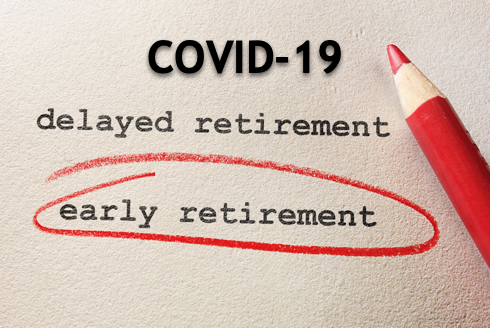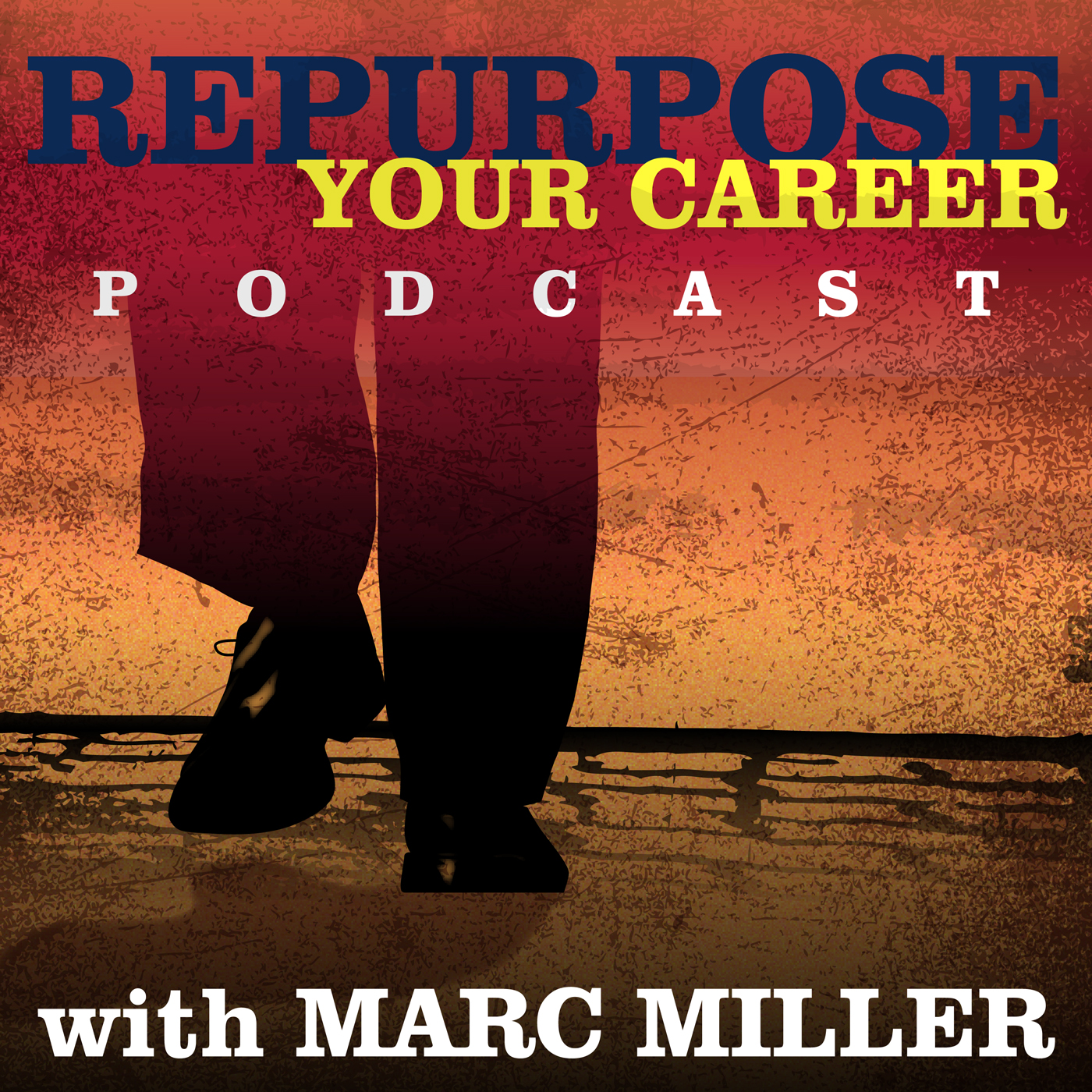COVID-19 Early Retirement Trend has Exploded
 The COVID-19 early retirement is here but can it continue? Can the economy sustain the brain drain of millions of baby boomers retiring? More importantly, can these retirees stay retired or will they return to the workforce because they lack financial resources for retirement?
The COVID-19 early retirement is here but can it continue? Can the economy sustain the brain drain of millions of baby boomers retiring? More importantly, can these retirees stay retired or will they return to the workforce because they lack financial resources for retirement?
Employers are contending with growing numbers of younger employees quitting in the great resignation.
At the same time, people 55+ are retiring and leaving the workforce in record numbers.
The Pew Research Center report Amid the pandemic, a rising share of older U.S. adults who are now retired stated the following:
As of the third quarter of 2021, 50.3% of U.S. adults 55 and older said they were out of the labor force due to retirement, according to a Pew Research Center analysis of the most recent official labor force data. In the third quarter of 2019, before the onset of the pandemic, 48.1% of those adults were retired. Regarding specific age groups, in the third quarter of 2021 66.9% of 65- to 74-year-olds were retired, compared with 64.0% in the same quarter of 2019.
Usually, during recessions, retirement rates decline as older workers feel they need to work longer. In the great recession of 2007 – 2010, retirement rates declined sharply.
Why is the COVID-19 early retirement so different?
What Has Changed Due to COVID-19 Early Retirement?
My wife and I live in Ajijic Mexico, one of the top places to retire outside of the US. We are seeing a massive influx of people coming to visit. During the pandemic, the flow of visitors completely came to a halt.
What has changed?
- People feel it is safer to travel due to the COVID-19 vaccines
- Rising home values and a hot real estate market in the US
- Booming stock market
It is the last 2 that are making some feel that they can retire. Notice I said some because not everyone who is 55+ has a home to sell and has a retirement account invested to take advantage of the rising values.
Listen to the most recent episode


Marc Miller
Discover the Perfect Destination for Your Retirement or Remote Work Abroad #337
We Sold Our Condo in Austin
We have lived in Ajijic for 3+ years and have been renting our condominium in Austin, Texas for most of that time. It was always our plan to sell the condo before the capital gains exemption on your family homestead expired. We saw the exploding housing prices in the US and decided that the summer of 2021 was a great time to sell.
We were not the only ones who thought the same thing. It was an opportunity to sell and purchase a property for less than half the price in Ajijic.
Having a paid-off home and living somewhere where the cost of living is much lower is causing a lot of baby boomers to retire early. This is not just a trend of people retiring overseas. I was just speaking with a colleague in Florida and he is seeing the same thing.
Booming Stock Market
This has been a weird couple of years when it comes to the financial markets. If you have had your retirement savings properly invested in a well-diversified fashion you have seen some pretty healthy gains. That has given confidence to those within a couple of years of retirement to say what the heck, let’s retire NOW!
This is a stark difference from the dot com bust of 20 years ago and the great recession of 2007-2008.
This is of course assuming you had money in your retirement accounts at the beginning of the pandemic and did not panic when the markets plunged early. Unfortunately, the average baby boomer has $152,000 in retirement savings and 45% have no retirement savings at all!
The COVID-19 early retirement trends are very uneven.
COVID-19 Early Retirement – Not Everyone is Prepared
According to the report Older Workers Are Forced Out of The Workforce from the Schwartz Center for Economic Policy Analysis which stated:
New research shows that even before the COVID-19 recession, 55.3 percent of workers age 55 and up in the bottom half of the income distribution were forced to leave the workforce and 32.4 percent in the next 40% of the income distribution – the middle class – were forced out of work in old age.
There are a lot of reports of people retiring early than planned due to health and safety concerns. A good example of this is the Wall Street Journal article Covid-19 Pushed Many Americans to Retire. The Economy Needs Them Back.
All the while only 26% of people at or near retirement feel they have saved enough money according to the new U.S. Retirement Survey released today by Schroders.
There are a few signs that not all of these early retirees will be able to stay retired.
The US Economy Needs Older Workers but Do Employers Think So?
For the economy to get back to normal it needs older workers to return to the workforce. The problem is there is a huge disconnect between what employers are looking for and what older workers are willing to do.
I remember reading my friends Chris Farrell‘s book Unretirement: How Baby Boomers are Changing the Way We Think About Work, Community, and the Good Life published in early 2016. Chris wrote that eventually, corporations would have to start hiring older workers due to a labor shortage. Unfortunately, that can only happen if HR hiring practices change and stop screening out older workers in the hiring process.
In a recent discussion with Chris, he said that looked like it was starting to occur at the beginning of the pandemic. Those hopes have been dashed along with the pandemic.
Can the COVID-19 Early Retirement Trend Continue?
As we claw our way back to normal, I fully expect the COVID-19 early retirement trend to slow down and maybe decline. This is all dependent on when the virus is no longer an issue. As long as people are fearful of going into the workplace we will see people continue to exit the workforce and retire.
2022 will be an interesting year!
Marc MillerLike What Your Read? Get Career Pivot Insights
Do You Need Help With ...

Check out our Help Center where you have access to 14 different content portals.

